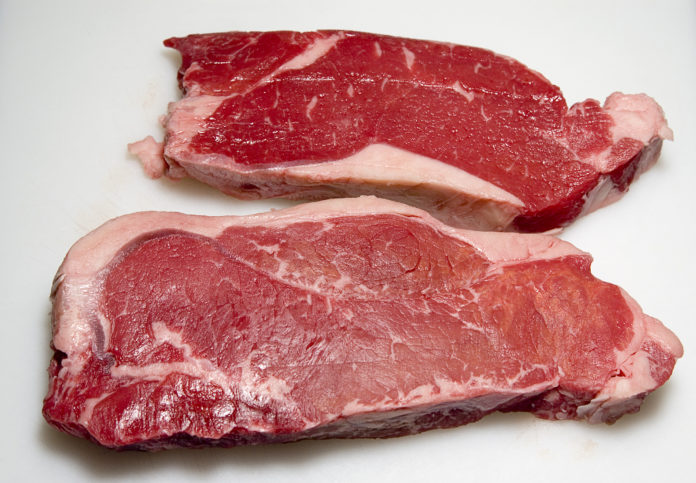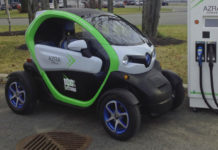The Guardian reported that a study shows red meat dwarfs others for environmental impact, using 28 times more land and 11 times water for pork or chicken, with one expert saying that eating less red meat would be a better way for people to cut carbon emissions than giving up their cars.
The heavy impact on the environment of meat production was known but the research shows a new scale and scope of damage, particularly for beef. The popular red meat requires 28 times more land to produce than pork or chicken, 11 times more water and results in five times more climate-warming emissions. When compared to staples like potatoes, wheat, and rice, the impact of beef per calorie is even more extreme, requiring 160 times more land and producing 11 times more greenhouse gases.
Agriculture is a significant driver of global warming and causes 15% of all emissions, half of which are from livestock. Furthermore, the huge amounts of grain and water needed to raise cattle is a concern to experts worried about feeding an extra 2 billion people by 2050. But previous calls for people to eat less meat in order to help the environment, or preserve grain stocks, have been highly controversial.

“The big story is just how dramatically impactful beef is compared to all the others,” said Prof Gidon Eshel, at Bard College in New York state and who led the research on beef’s impact. He said cutting subsidies for meat production would be the least controversial way to reduce its consumption.
“I would strongly hope that governments stay out of people’s diet, but at the same time there are many government policies that favour of the current diet in which animals feature too prominently,” he told The Guardian. He added, “Remove the artificial support given to the livestock industry and rising prices will do the rest. In that way you are having less government intervention in people’s diet and not more.”
Eshel’s team analysed how much land, water and nitrogen fertiliser was needed to raise beef and compared this with poultry, pork, eggs and dairy produce. Beef had a far greater impact than all the others because as ruminants, cattle make far less efficient use of their feed. “Only a minute fraction of the food consumed by cattle goes into the bloodstream, so the bulk of the energy is lost,” said Eshel. Feeding cattle on grain rather than grass exacerbates this inefficiency, although Eshel noted that even grass-fed cattle still have greater environmental footprints than other animal produce. The footprint of lamb, relatively rarely eaten in the US, was not considered in the study published in the journal, Proceedings of the National Academy of Sciences.
Read full story here.
(Story from The Guardian; Featured Image courtesy:www.irishsteak.com)





























